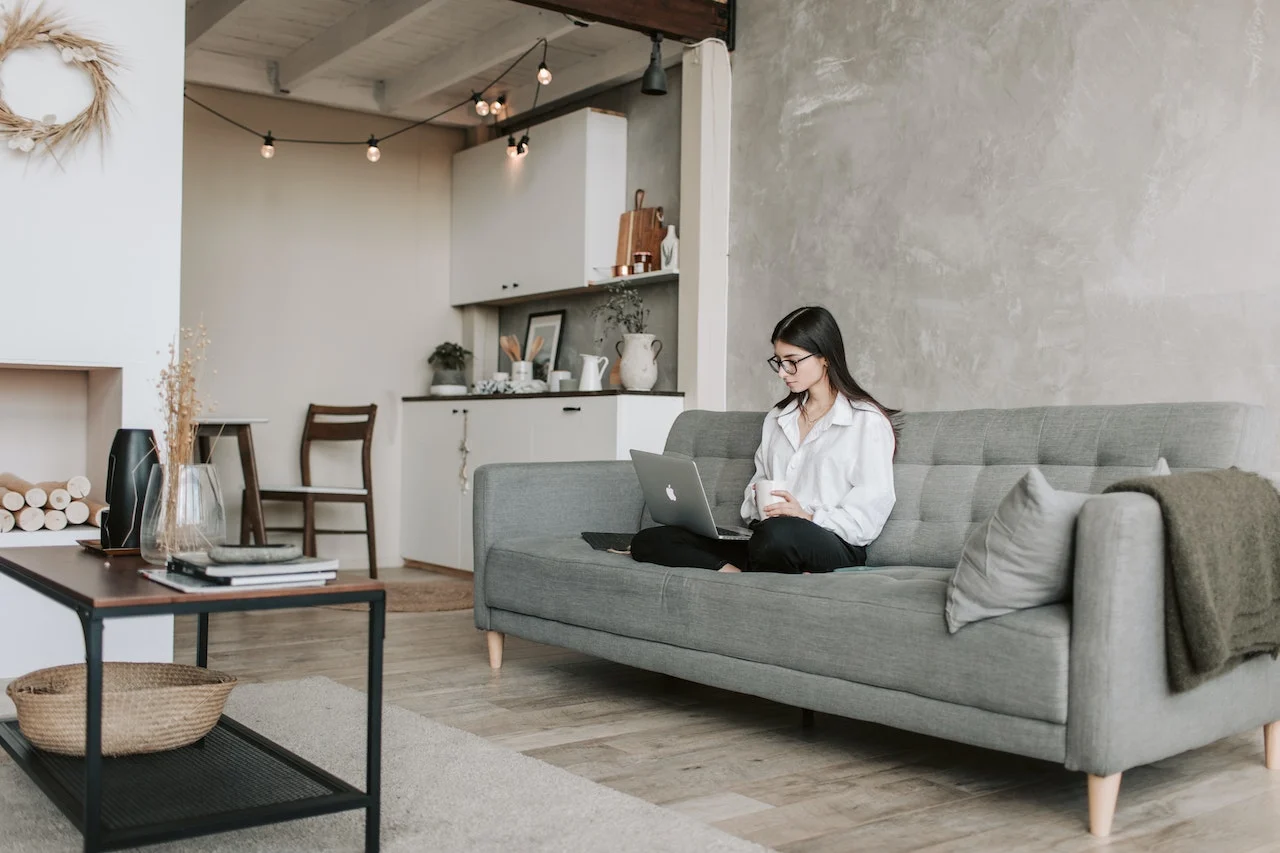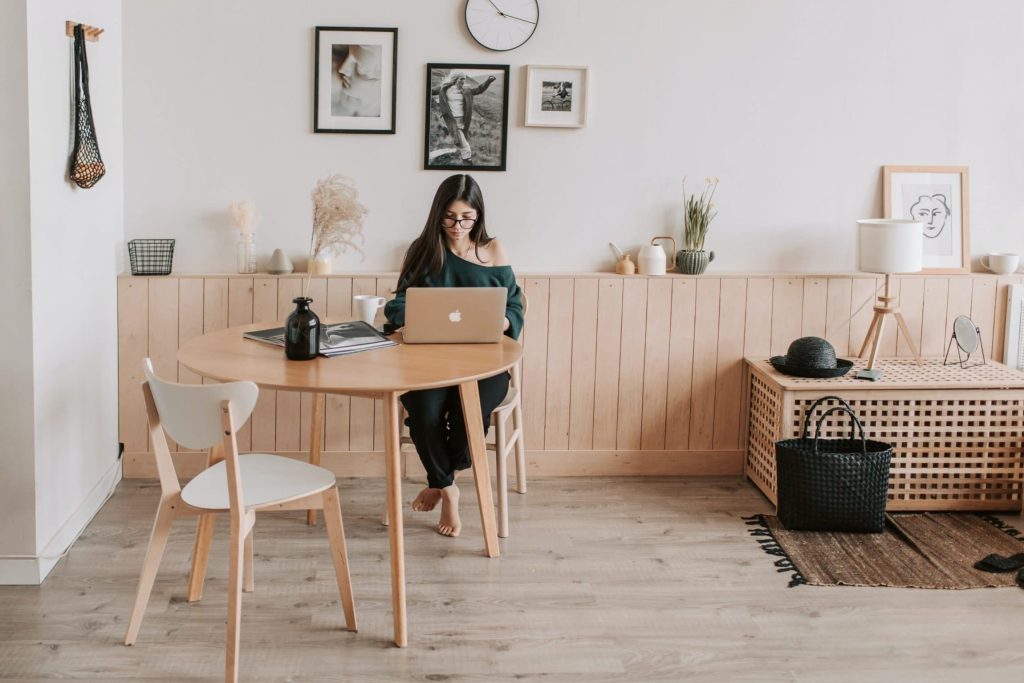
In today’s fast-paced, consumer-driven world, it’s easy to get caught up in the cycle of acquiring more—more clothes, more gadgets, more stuff. While material possessions can bring temporary satisfaction, research and personal experience suggest that owning less can lead to a deeper, more enduring sense of happiness. This is the essence of minimalism: the intentional focus on what truly matters by removing excess from our lives.
The Core Philosophy of Minimalism

Minimalism isn’t just about decluttering your home; it’s a mindset that prioritizes quality over quantity. At its heart, minimalism encourages individuals to evaluate what adds real value to their lives and what merely creates clutter—both physically and mentally. It’s about making space for experiences, relationships, and self-growth rather than accumulating possessions that provide fleeting satisfaction.
Why Less Can Be More
One of the main reasons minimalism can make you happier is that it reduces stress. Physical clutter often translates into mental clutter. Walking into a crowded room or staring at stacks of unpaid bills can trigger feelings of anxiety and overwhelm. By simplifying your surroundings and keeping only what you truly need or love, you create a calmer environment, which fosters mental clarity and emotional well-being.
Moreover, minimalism can shift your focus from material possessions to experiences and relationships. Studies consistently show that spending money on experiences—like travel, learning, or shared activities—produces longer-lasting happiness than buying objects. Owning less encourages you to invest in what truly matters: meaningful experiences that enrich your life and create lasting memories.
Financial Freedom and Minimalism
Another significant benefit of minimalism is financial freedom. When you stop buying things you don’t need, you automatically save money. This can lead to reduced debt, greater financial security, and less stress about bills or unforeseen expenses. The freedom to spend money on experiences rather than possessions aligns perfectly with the minimalist philosophy, reinforcing the link between simplicity and happiness.
How to Begin Your Minimalist Journey

Starting a minimalist lifestyle doesn’t require an extreme overhaul of your life overnight. Small, intentional steps often lead to more sustainable change. Begin by decluttering your physical space. Start with a single drawer, closet, or room and ask yourself a simple question: Do I truly need this? Do I love it or use it regularly? Items that fail this test can be donated, sold, or recycled.
Next, examine your habits and commitments. Minimalism isn’t only about things; it’s also about how you spend your time. Saying no to obligations that drain you or don’t align with your values creates room for what matters most. This could mean cutting back on social media, limiting TV time, or stepping away from overcommitted schedules.
The Psychological Benefits
Embracing minimalism also has profound psychological benefits. By reducing clutter, you enhance your sense of control over your environment. Decision fatigue—a common source of stress—diminishes when you own fewer possessions and simplify choices. Minimalism can also improve mindfulness, as living with less encourages intentionality in both actions and purchases. You become more aware of your values and priorities, leading to a more fulfilling, purpose-driven life.
Furthermore, minimalism fosters gratitude. When you own less, you tend to appreciate your possessions and experiences more. Each item you choose to keep holds significance, and you become more mindful of what you have instead of constantly chasing more. Gratitude, in turn, has been linked to increased happiness and life satisfaction.
Minimalism as a Lifestyle, Not a Trend
It’s important to recognize that minimalism isn’t about deprivation or living a stark, joyless life. It’s about intentionality, clarity, and creating space for what truly matters. For some, minimalism might mean living in a tiny home; for others, it could simply be reducing clutter on their desk or in their digital life. The key is to define what minimalism means for you personally and align it with your goals and values.
Conclusion
Owning less is more than a tidying strategy—it’s a pathway to a happier, more intentional life. By reducing clutter, focusing on experiences, gaining financial freedom, and cultivating gratitude, minimalism can improve mental health and overall well-being. The journey toward minimalism is deeply personal, but its rewards—clarity, freedom, and happiness—are universal. In a world obsessed with accumulation, choosing less can paradoxically give you more: more peace, more joy, and more space to live fully.
